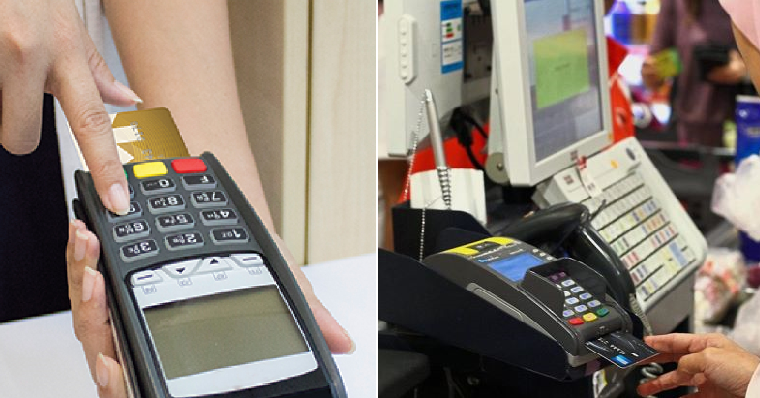Travelling is fun and exciting but one of the things we need to prepare before we embark on our journey is a wad of cash to finance our trip. After all, you don’t want to be stranded in a foreign land with no money! As a backup, many of us will take one or two credit cards along just in case.
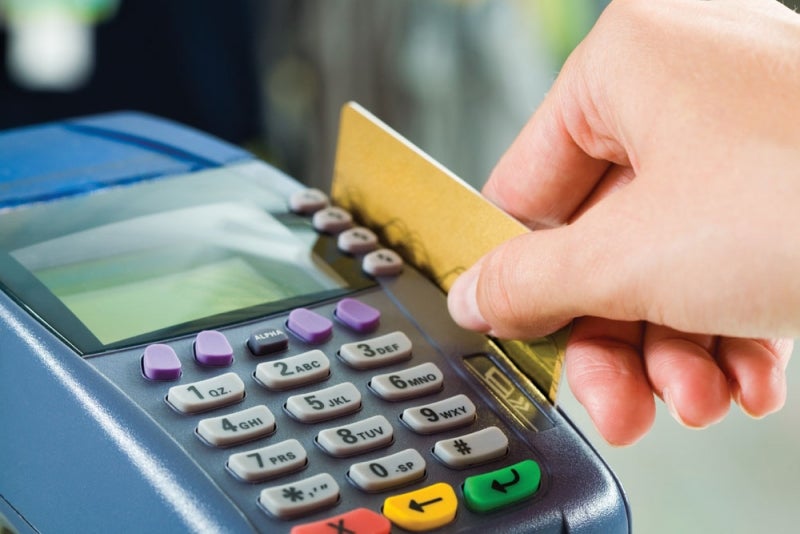
Source: pmq
However, we have also heard of people saying that there are many hidden charges if you use a credit card when you are overseas. So, just how much are these charges and are there really any in the first place? We find out whether it is more worth it to use credit card or cash when you’re travelling overseas.
Here are the charges incurred if you use your credit card overseas:
PS: All rates are correct at press time.
1. Fluctuating exchange rate
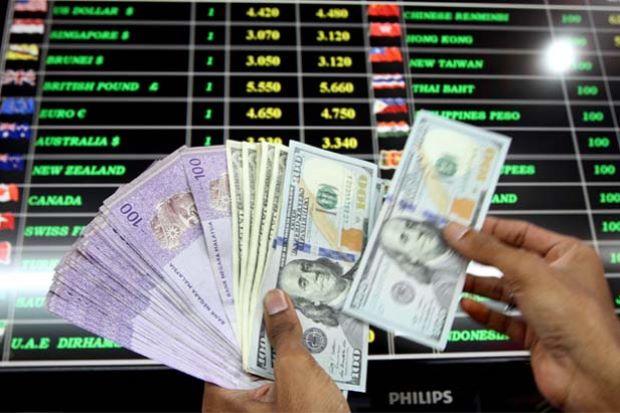
Source: the star
We all know that the exchange rate for different currencies are volatile and changes almost every day. Swiping your credit card overseas means that you will be subjected to these varying rates. We contacted a couple of banks in Malaysia and some of them said that the usual practice is to convert the amount you paid to US dollars. Only then would this be converted to Ringgit on the date the transaction is processed by the bank.
However, there were banks that said they directly converted the amount to Ringgit, so you better check with your bank before making any overseas transactions!
Scenario 1 : Paid £1,000 → Converted to USD (USD1,375.26) → Converted to RM (RM5,399.26)
Scenario 2: Paid £1,000 → Converted to RM (RM5,399.28)
Granted, sometimes the difference may be negligible but if you are using your credit card a lot, the charges will add up!
2. Transaction fees

Source: chatelaine
Other than that, using your credit card when you are travelling abroad means that you have to pay for transaction fees. Card issuers will charge a certain amount for overseas transactions, which can go up to as much as 3 per cent of the retail transaction. Not all of them charge that much, so do scout around for the lowest rates!
As you travel around, you conveniently charge your accommodation, transport and even restaurant bills on your credit card and this amount accumulates overtime. For example, you rack up a total of £1,000 during your travels and the transaction fees means you pay an extra £30. That’s an additional RM161.95 right there!
3. Cash advance fees
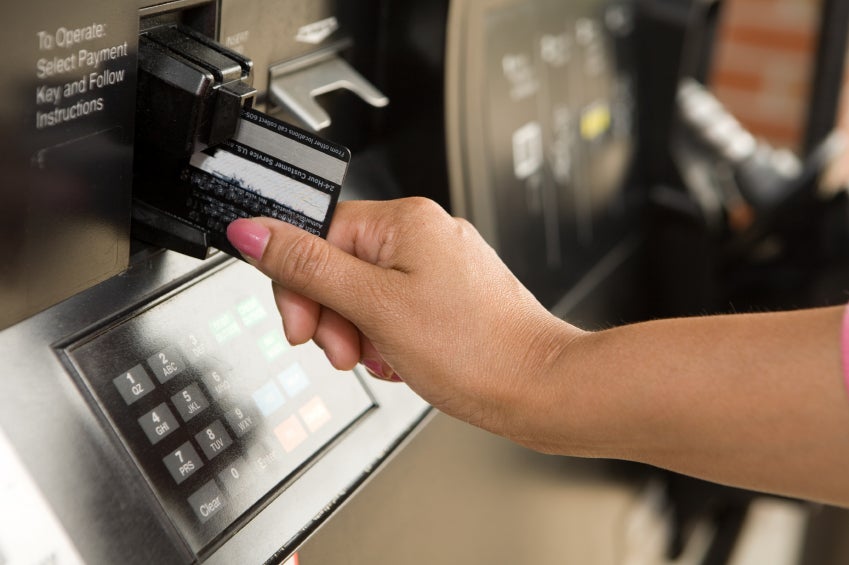
Source: aarp
What do you do if you have run out of money and the places you go to doesn’t accept credit cards? Scary! Well, you don’t have to worry because most credit cards allow you to withdraw cash on an overseas ATM. This is known as a cash advance and you are actually “borrowing” money from the bank.
This cash advance usually has a fee of 5 per cent or a flat rate for every withdrawal made, so only do it when you’re pretty desperate (or have a lot of money to blow!). In addition to this fee, the bank will also charge you a substantial interest rate usually between 17 to 18 per cent. Pretty hefty! Withdrawing £1,000 cash using your credit card when you’re overseas would nab an additional cost of £50 (RM269.66).
Pro tip: Proceed to withdraw without converting to your country’s currency to save more. In fact, always choose the local currency instead of RM!
4. Dynamic currency conversion fees

Source: inside retail asia
Some merchants will offer you the option of using your own local currency when you are using your credit card overseas. Most people fall into the trap thinking that choosing your home country’s currency will save more money. This is not true!
The Straits Times reported that if you choose your country’s currency, merchants will usually pick an unfavourable rate to boost their profit. Merchants are even told that they can earn more revenue by charging this way and this means you have to shell out more money. Always, always choose the local currency instead of your country’s currency if you are given the choice.
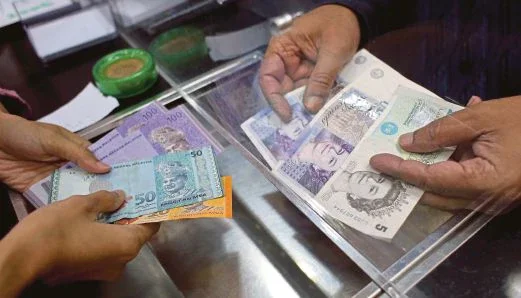
Source: nst
Ultimately, credit cards are awesome choices as back up plans if you happen to run out of cash. They are also great for making big purchases as it is safer than carrying around a huge bundle of cash. Plus, many credit cards are fighting to stay competitive so lots of them have rewards, points, cashbacks and discounts when you use them for your transactions. Do remember to check with your credit card issuer for more information.
However, if you truly want to save on all the additional fees we mentioned above, your best bet is still to go for cash! If you use cash during your travels, the only thing you have to take into consideration is the exchange rate when you trade in your ringgit.
Happy travels!
Also read: M’sians Need to Beware of This Feature When Keying in Their Credit Card PIN


